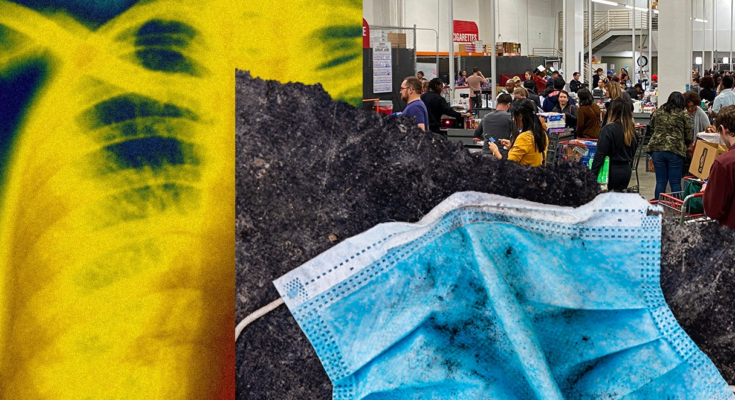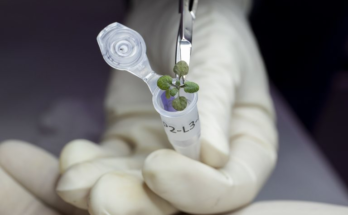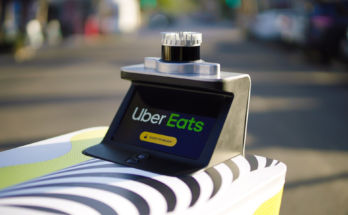Earlier this summer, when I began planning my family’s first real vacation in two years, I carefully chose which National Parks we’d visit. White Sands, Arches, Bryce Canyon, Capitol Reef, Joshua Tree, and Sequoia National Park easily made the cut—lots of open-air hiking where we could avoid people. We skipped Zion—traversing the crowds and taking the requisite sardined shuttle felt too risky. My kids also really wanted to see Roswell and its aliens, but the main draw was an indoor museum. Though my husband and I are vaccinated, both of our kids are under 12 and therefore unvaccinated. Since the Centers for Disease Control and Prevention had recklessly rolled back its mask recommendations in May, we kept asking, could we visit safely? How many people would be there? How many would be wearing masks?
The main reason for our caution and anxiety was my husband. He takes medication that weakens his immune system. Throughout the pandemic—and especially in the past six months, as restrictions have increasingly loosened—perhaps no other group has been more neglected by Covid guidelines or more forgotten by the general public than immune-compromised people. The only reason my husband agreed to our road trip was that nearly every site was outside. Yet it was hard not to feel on edge every time we stopped at a gas station or entered a hotel lobby and found no one else masked but ourselves.
We wore KN-95s, but we knew that masks offer the most protection when others around you also wear them. While many of my vaccinated friends had begun visiting places like restaurants, bars, and fitness clubs again, our family still did delivery or curbside pickup for most our shopping, and the kids knew movies or arcades were out of the question. The CDC’s mask guidance shift had made basic errands riskier for families like ours. Virtually no one where we live in North Texas wore masks in stores, and with less than half our county fully vaccinated, basic math told us they weren’t all vaccinated.
This lack of consideration for immune-compromised people, from public health authorities and the public at large, is dangerous not only for the more than 10 million people with weakened immune systems but also for public health in general. The Alpha variant, as Science reported in December, almost certainly arose from an infection in an immune-compromised person whose prolonged battle against Covid provided ample opportunity for the virus to evolve. Emerging evidence suggests that other variants, possibly including Delta, could have evolved similarly, and a recent report from the UK warns of the potential for more variants to develop the same way. Our collective national choice not to protect the most vulnerable among us is also likely a choice to prolong the pandemic.
By the time we took our trip in June, preliminary evidence suggested that my husband’s medication probably didn’t stop his immune system from mounting a response to the vaccine, so he likely had some antibodies. But we didn’t know how many, how rare breakthrough infections really were, or how his body might respond to one.
Flash forward to last week: When new data about Delta transmission among vaccinated people led the CDC to tighten its mask recommendations, we felt more anger than relief. We knew you couldn’t put the genie back in the bottle. We saw a small uptick in masking, but most people in our area still aren’t masking, since stores stopped requiring it in May. When the CDC released the data explaining its decision a few days later, worried friends sent me a slew of messages: How likely were they to get a breakthrough infection? Should they stop eating at indoor restaurants? Was it still safe enough to fly?
The uncertainty and uneasiness many vaccinated people have been feeling in the past week is what our family and millions of others with immune-compromised members have lived with for the past year and a half. Except the stakes are higher now for immune-compromised people, given how much more contagious, and possibly more virulent, Delta is.
Despite the CDC’s muddled messaging, the vaccines remain highly protective against severe illness for most people. “Mild” Covid-19 infections, however, don’t necessarily feel mild to those infected. While many experience something akin to a light cold or no symptoms at all, others are laid up in bed for two to four days with an illness “on par with having debilitating food poisoning,” as Susan Matthews recently wrote in Slate. If that’s what some healthy people experience, what does a breakthrough infection look like for immune-compromised people? It could be much more serious, whether they have antibodies from the vaccine or not.



